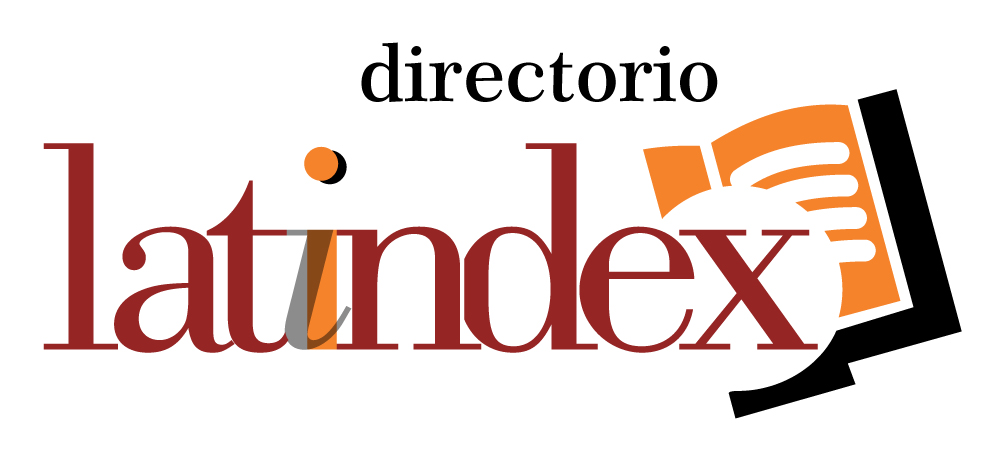Robert Brandom's semantic inferentialism
An introduction to its historical evolution and limits
DOI:
https://doi.org/10.59780/ermp8467Keywords:
Inferentialism, Semantics, Robert Brandom, Wilfrid Sellars, PragmatismAbstract
This article aims to introduce the thesis of semantic inferentialism as developed by the North American philosopher Robert Brandom. This introduction will be carried out in two fronts: first, through Brandom’s historical narrative, where the inferentialist thesis stands as its peak, and where the German idealist and American pragmatist traditions have their places as pivotal turning points; secondly, from the problems and challenges this thesis holds, especially from the problem of how to approach the relation between world and meaning. I thus conclude that the inferentialist thesis is composed by two facets: one turned towards the past, where it aims to extract its lessons from, and another turned towards the future, where it aims to overcome its difficulties.
Downloads
References
BRANDOM, Robert. Articulating reasons: an introduction to inferentialism. Cambridge: Harvard University Press, 2009.
BRANDOM, Robert. From German idealism to American pragmatism – and back. In: BACIN, Stefano et al. (ed.). Kant und die Philosophie in weltbürgerlicher Absicht. Berlim: De Gruyter, 2013, p. 107-126. https://doi.org/10.1515/9783110246490.107.
BRANDOM, Robert. Inferentialism and some of its challenges. In: WANDERER, Jeremy; WEISS, Bernhard (ed.). Reading Brandom: on Making it explicit. Londres: Routledge, 2010, p. 169-90.
BRANDOM, Robert. Making it explicit: reasoning, representing, and discursive commitment. Cambridge: Harvard University Press, 1994.
BRANDOM, Robert. Tales of the mighty dead: historical essays in the metaphysics of intentionality. Cambridge: Harvard University Press, 2002.
COPI, Irving. Introdução à lógica. Trad. Álvaro Cabral. 3ª ed. São Paulo: Mestre Jou, 1981.
COSTA, Newton da. Ensaio sobre os fundamentos da lógica. São Paulo: Hucitec, 2019.
KANT, Immanuel. Crítica da razão pura. Trad. Fernando Costa Mattos. Petrópolis: Vozes, 2012.
LANDY, David. Kant’s inferentialism: the case against Hume. Londres: Routledge, 2015.
SACHS, Carl. In defense of picturing; Sellars’s philosophy of mind and cognitive neuroscience. Phenomenology and the cognitive sciences, v. 18, n. 4, p. 669-89, 2019. https://doi.org/10.1007/s11097-018-9598-3.
SELLARS, Wilfrid. Empirismo e filosofia da mente. Trad. Sofia Inês Albornoz Stein. Petrópolis: Vozes, 2008.
SELLARS, Wilfrid. Inference and meaning. Mind, v. 62, n. 247, p. 313-38, 1953. https://doi.org/10.1093/mind/lxii.247.313.
SELLARS, Wilfrid. Science and metaphysics: variations on Kantian themes. Londres: Routledge & Kegan Paul, 1968.
WOOD, Allen. The free development of each: studies on reason, right, and ethics in classical German philosophy. Oxford: Oxford University Press, 2014.
Downloads
Published
How to Cite
Issue
Section
License
Copyright (c) 2025 Henri Marcel de Oliveira São Paulo

This work is licensed under a Creative Commons Attribution-NonCommercial-NoDerivatives 4.0 International License.









